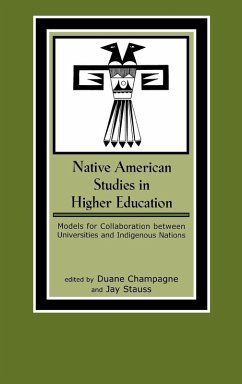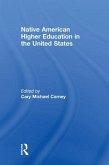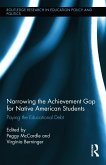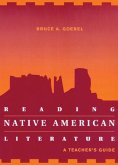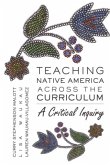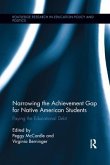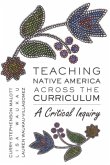In this collection, Champagne and Stauss demonstrate how the rise of Native studies in American and Canadian universities exists as an extraordinary achievement in higher education. In the face of historically assimilationist agendas and institutional racism, collaborative programs continue to grow and promote the values and goals of sovereign tribal communities. In twelve case studies, the authors provide rich contextual histories of Native programs, discussing successes and failures and battles over curriculum content, funding, student retention, and community collaborations. It will be a valuable resource for Native American leaders, and educators in Native American studies, race and ethnic studies, comparative education, anthropology, higher education administration and educational policy.
Hinweis: Dieser Artikel kann nur an eine deutsche Lieferadresse ausgeliefert werden.
Hinweis: Dieser Artikel kann nur an eine deutsche Lieferadresse ausgeliefert werden.
Native American Studies in Higher Education is a must-read for anyone interested in the evolving discipline of American Indian Studies. The commentary on the organization, staffing and intellectual content of diverse American Indian Studies programs sheds enormous light on the complexity of program development and working with organizational constraints that sometimes undermine new areas of inquiry and study. This book will be an important tool for scholars in American Indian studies and those involved in building programs for years to come. -- George L. Cornell, Director, Native American Institute, Michigan State University

